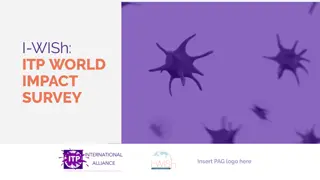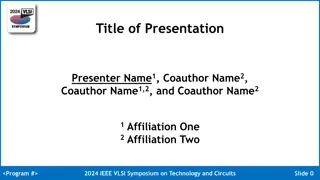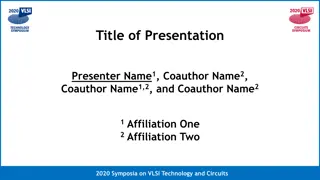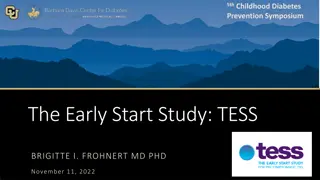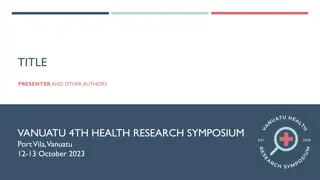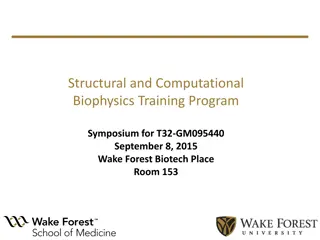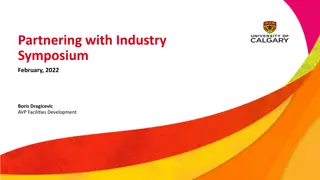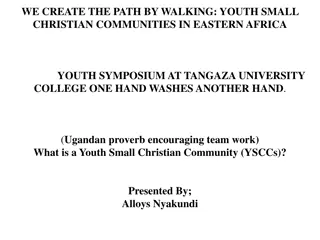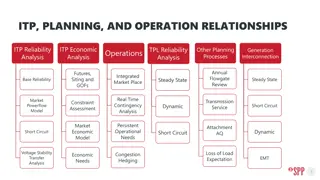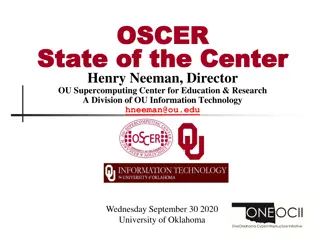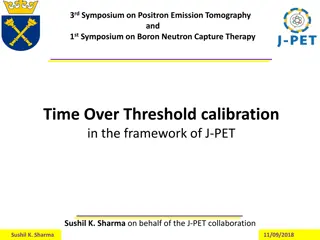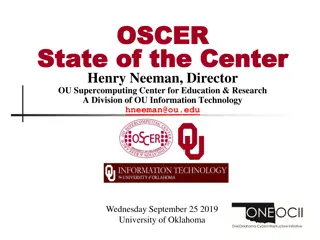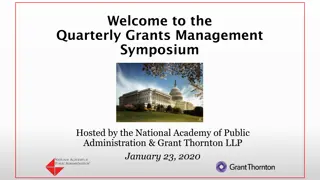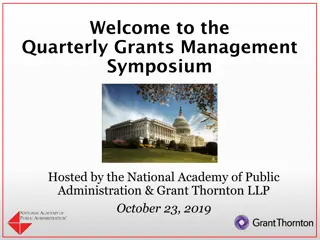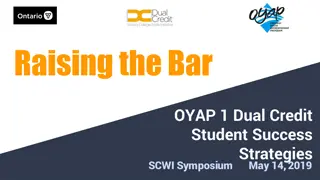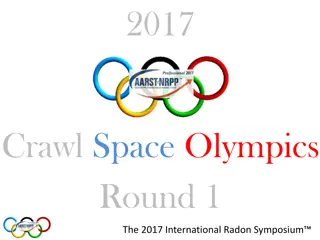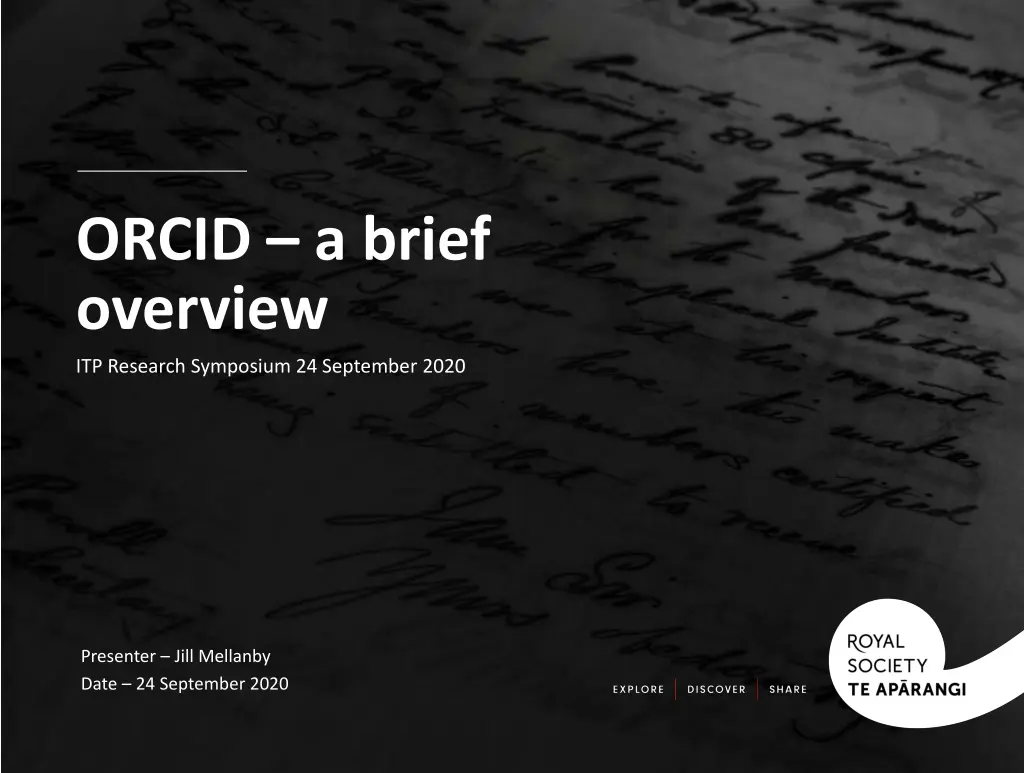
Leveraging ORCID: A Powerful Tool for Research Data Management
Discover the benefits of ORCID, a unique researcher identifier system that streamlines data collection, enhances accuracy, and saves time in academic and research settings. Learn how information is added to ORCID records, why it's crucial for researchers and organizations, and how to request permission to access and update ORCID profiles.
Download Presentation

Please find below an Image/Link to download the presentation.
The content on the website is provided AS IS for your information and personal use only. It may not be sold, licensed, or shared on other websites without obtaining consent from the author. If you encounter any issues during the download, it is possible that the publisher has removed the file from their server.
You are allowed to download the files provided on this website for personal or commercial use, subject to the condition that they are used lawfully. All files are the property of their respective owners.
The content on the website is provided AS IS for your information and personal use only. It may not be sold, licensed, or shared on other websites without obtaining consent from the author.
E N D
Presentation Transcript
ORCID a brief overview ITP Research Symposium 24 September 2020 Presenter Jill Mellanby Date 24 September 2020
What is it? Two things: 1. Persistent person identifier for researchers (FREE) Names are not unique enough to identify people. 2. System to system interactions for member organisations (COST but paid by MBIE) (Publishers, funders, research organisations). Machine readable information that can be reused e.g. for reporting purposes, saving everyone time.
Why use ORCID? Researcher Instead of filling in the same information over and over to your employer; funder etc, simply supply your ORCID ID Save time Member organisation Write information control how your organisation s name is used Read information collect ORCID IDs and reuse the information in your reporting systems Save time accurate data collection ORCID enter once reuse often
What goes into an ORCID record? Affiliations: Employment Education and qualifications Membership and service Invited positions and distinctions Funding Works (Research Outputs) Peer review activity Research resources ( things used to carry out research, e.g. equipment, special collections, field sites, etc.) Also keywords, other names, websites, other IDs, biography
How does information get into ORCID? Record holder writes it themselves may be unreliable; takes time and energy ACTION give permission to trusted third parties to write accurate information for you Third parties get permission from the record holder to read from/write to the record reliable, verified sources of information that can be reused for reporting purposes. Third party can be: employer, education provider, publisher, funder, peer-review organiser (journal, conference organiser), research facility owner. ACTION request permission to read from/write to the ORCID records of your researchers
Member organisations - how to request permission to read from/write to ORCID records and act on it 1. Use the New Zealand ORCID Hub a simple web application to let you read from and write to ORCID records once you have obtained permission. If you can make up a spreadsheet and use email, you can use the Hub - simple user interface. Full user support. OR 2. Build an ORCID integration with your own internal systems. Requires technical expertise. We can assist.
New Zealand ORCID Consortium Fully funded by MBIE - No cost for eligible members 52 members currently: All universities Many research funders All CRIs 11 ITPs 6 district health boards One museum ITP members Ara Institute of Technology / Eastern Institute of Technology/ WelTec and Whitireia / Unitec Institute of Technology / Manukau Institute of Technology / Otago Polytechnic / Toi Ohomai Institute of Technology / Waikato Institute of Technology / Universal College of Learning / Open Polytechnic
Advisory Committee Representatives from the major consortium sectors 10 people Meet 2-3 times per year Provides consortium lead organisation with information relevant to the sectors that make up the consortium challenges, success stories Lesley Brook, based at Otago Polytechnic, represents the ITPs
Contact and information Thank you for listening email : orcid@royalsociety.org.nz More information: https://www.royalsociety.org.nz/orcid-in-new-zealand/

